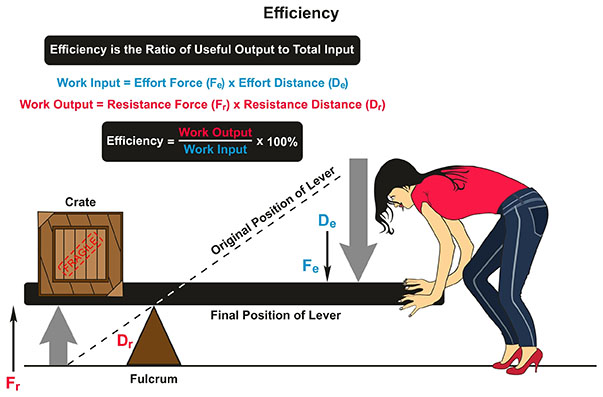

In science, the output is the result of a process. It is the product of a system. Output can be physical, such as light or sound, or it can be information, such as a number or a word.
Output is often measured in terms of quantity or quality. For example, the output of a light bulb might be measured in lumens, which is a measure of the amount of light emitted. The output of a computer might be measured in bits per second, which is a measure of the amount of data that can be processed by the computer in one second.
Output is important because it is what we can use. We can use the light from a light bulb to see. We can use the sound from a speaker to listen. We can use the information from a computer to learn.
In science, output is often used to measure the efficiency of a system. For example, an efficient light bulb will produce more light for a given amount of energy input. An efficient computer will process more data for a given amount of power input.
Output can be measured in units of energy, such as watts, or in units of data, such as bits per second.

Noun: The amount of something produced, such as energy or data.
Verb: To produce something.
The word "output" comes from the Old English word "ūtputan," which means "to put out.".
The word "output" was first used in English in the 14th century. It was used to refer to the amount of something produced, such as energy or data.
What is an output?
Question:
Describe the concept of energy output in relation to machines and devices. Explain how efficiency is calculated and discuss the factors that can influence the efficiency of a machine. Provide an example to illustrate your explanation.
Answer:
Energy output refers to the useful energy delivered by a machine or device in a given process. Efficiency, a critical measure, quantifies how effectively a machine converts input energy into useful output energy. It is calculated by dividing the useful energy output by the total input energy and expressing it as a percentage.
Factors influencing efficiency include mechanical design, friction, heat losses, and material properties. For instance, in a car engine, not all input energy from fuel is converted to useful output energy (movement). Some energy is lost as heat due to friction, air resistance, and other inefficiencies. This affects the overall efficiency of the engine.
Let's consider an example of a light bulb. When electrical energy enters the bulb, it is converted into light and heat. If a significant portion of the electrical energy is converted to heat rather than light, the bulb's efficiency is reduced. Engineering and design improvements, like using energy-efficient materials or enhancing heat dissipation, can enhance the bulb's efficiency.
Address
Developing Experts Limited
Exchange Street Buildings
35-37 Exchange Street
Norwich
NR2 1DP
UK
Phone
01603 273515
Email
hello@developingexperts.com
Copyright 2025 Developing Experts, All rights reserved.